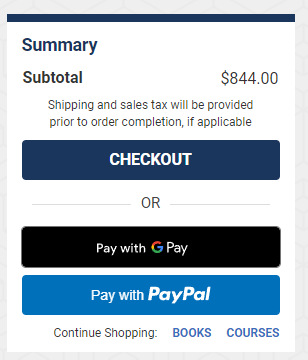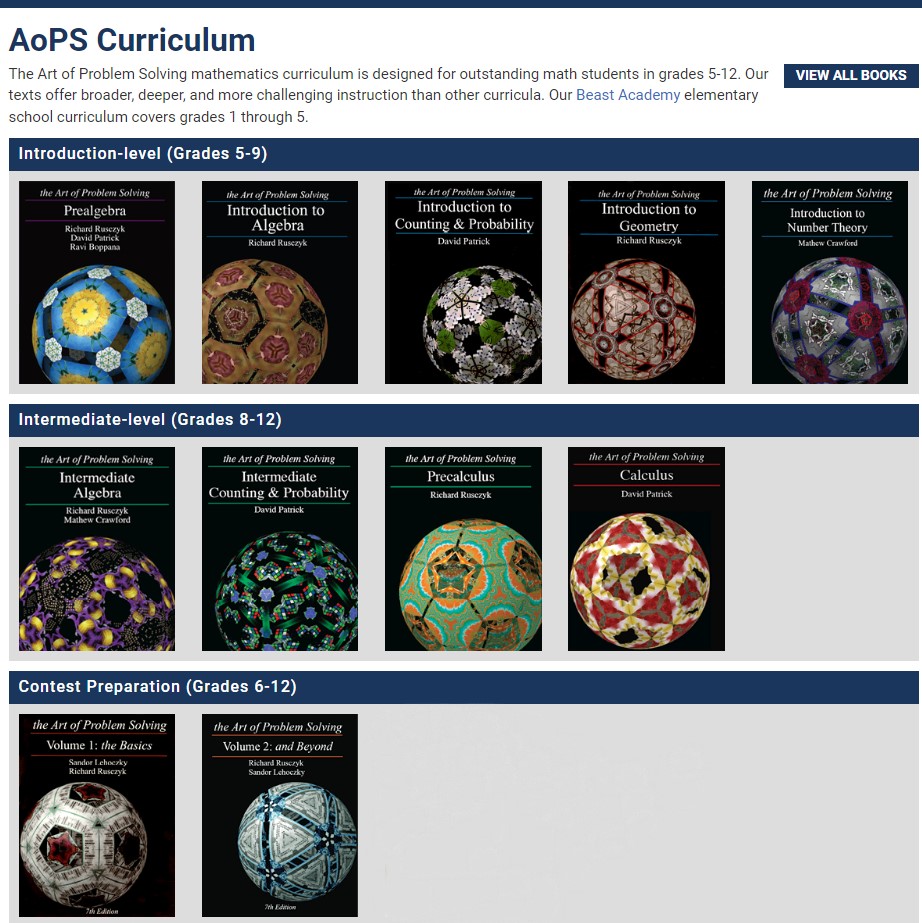Personal Preface
About myself
It's embarrassing to admit, but my math foundations are practically non-existent.
To provide some background, I went to a rather prestigious magnet high school. The teachers there were amazing, and many of the things they taught me back then have stuck with me over the years.
However, even saying that, during all my time in high-school I was consistently a low performer. I even failed Geometry Freshman year and did poorly on every Math & Science subject. I barely passed the Calculus I AP exam and just completely bombed Calculus II. The only subjects I really excelled in were the Fine Arts, which I have mixed feelings about. On the plus side, where most people hated going through history and English it was a complete breeze for me.
Back to Math & Science, the reason I struggled so much back then was because of how bad my math foundations were in middle school. I did consistently well in Math up until 8th grade when I made the choice to transfer to my first magnet school and that's really when my struggles began. I don't want to share too many personal details but to summarize things, I was going through a lot of personal problems back then making it hard to focus on school. These issues persisted all the way through high school and I only really started come to terms with those problems around adulthood.
During 8th grade we covered Algebra I, and I basically didn't take anything away from it. When I got accepted to my magnet high school, they of course caught my weakness in math. They had a summer class to catch up all kids who were missing important math concepts and I was instructed to go. While I'm glad that they forced me to go through the class, it just ended up being a repeat of my experience in Algebra I. I barely scrapped by the class, passing by the bare minimum. Repeat this ad nauseum and even though I've taken everything from Algebra I all the way to Calculus II, my math foundations are a complete mess or to put it simply, practically non-existent.
I do want to defend my teachers here though, they were incredible and did a lot of things to try to help me out. They were genuinely world-class instructors and I will be forever grateful for their instruction. The problem wasn't with them, the real issues lay with me.
To really show hopeless I was back then, when I spoke to one of my teachers around senior year they told me that, my performance had been so poor that I was on the verge of getting kicked out of my high-school, which is a genuinely rare occurrence for that school. He even told me that there was a meeting among the teachers and they discussed whether I should stay or leave. I did graduate from the school so I guess they decided it would be better to keep me there. Maybe I wasn't completely hopeless...
It's easy to laugh at it looking back, but I was genuinely miserable back then. I do think fondly about my time in high school, my only regret was not sorting things out with myself earlier.
So... where those that lead us?
Re-Evaluation
Just going off from what I've said in the preceding paragraphs, it sure gives the impression that I'm utterly hopeless as a student, I even did awfully in computer science, and physics. I did ok in Biology and Chemistry though. Still just going off that, one would start to think that maybe I'm just not cut out for STEM.
But is that really true?
When I failed Geometry, I was forced to retake it during summer, and want to know something funny.
There were 2 options
- Do it all again during a 1-2 month summer class
- Do it all again online in a self-paced course
I wanted to take the summer class, after all maybe I just needed more instruction. But my councilor shook her head and told me to take the self-paced online option instead, she said that the summer class would be painfully slow for me. I was skeptical of her suggestion, after all if I couldn't pass geometry even with a teacher helping me, how could I pass it all alone?
Based on my transcript I took 2 semesters of Geometry and failed each one with a grade of 60 and 61 respectively. Wait... are you serious? Looking at that same transcript, I also failed Algebra II the year before. Wow... I did bad, though I'm not surprised, Freshman and Sophomore were my worst years after all.
Still, I accepted her suggestion and during that summer I finished the entire Geometry course in about 1-2 weeks, and would you believe my GPA? It's a score of 91 or an A-, for Geometry A and a score of 81 or B- for Geometry B. That's an enormous difference we're talking about an improvement of about 50% and 34% respectively in my scores. I improved massively over a short time frame. 1-2 weeks! If I had taken my time maybe I could've scored much higher.
Thinking back on it now, when I dropped out of college and started studying computer science on my own, I made big strides during my self-study. Perhaps I'm just not cut out for traditional teaching, maybe it's the slow-pace or I do better when I'm self-motivated. But the fact is, I'm probably not as hopeless as I think I am. I've been able to resolve most of the issues that plagued me during middle and high school. So, now's the time to start building a proper foundation.
Starting From Zero
The first roadmap I ever decided to follow was this one. The Systems and Programming Fundamentals Roadmap was the second one that I came up with. If you look at my blog post history, the reason I came up with S&PF, is that many of the courses I was interested in taking require a solid math background which at the moment is non-existent for me. So the S&PF Roadmap is meant to be followed while you are studying math.
I scoured a lot of books, articles and videos trying to find the perfect line. I must make a disclaimer first, I want to become a world class engineer, one of the absolute best. An incredibly ambitious and foolish goal, but that is what I wish to become. I'm saying this to explain why the following roadmap will be difficult to follow.
In some ways I'm cheating on this roadmap a bit, because the outline was already made for me. But just like the S&PF Roadmap, I will be adding things that I believe are a must to go through. A list of reading materials, articles, resources and more.
We will be using the Art of Problem Solving Math book series starting from the Introduction-level to the intermediate-level. Which will take us all the way from Pre-algebra up to Calculus. And in the future we will be expanding our knowledge until we are ready to take on the infamous Putnam Exam.
The Art of Problem Solving
The AoPS books were designed to be incredibly challenging and in-depth, a lot of the material here goes far beyond what you would find in equivalent courses or other math books. It is a book series that focuses on explaining concepts through a methodical structure starting from the basics and working up from there.
Normally, in many math textbooks you'd want to read the chapters only do some of the problems and keep going. But for AoPS, we will be working this book from front to cover. Doing every exercise, reading every last thing.
I won't lie, it's definitely intimidating, and I feel like an idiot that I have to start at the very beginning from 5th grade math, but... little by little, we'll work our way through the curriculum. And will be more than ready to take even the most difficult university courses by the very end.
Cost
I do have to say one this. AoPS can be pricey. Buying all the books with the combination package of Physical-Book + Online Textbook will cost around 844$, maybe up to 1000$ with Tax.
But on the whole of it, it's not outrageously expensive. A typical 3-hour college class will run you about 237$ and a full semester 12-hour work load would cost you about 1000$.
These books cover about 8 years of schooling, and are of very high quality. I would argue 1,000$ is an appropriate price for everything. I understand not everyone can afford this path. But all the same if you have similar ambitions as me I urge you to consider investing in this series. Besides you don't have to buy everything in one go. You can go book-by-book.
With all that said...
Let us begin the Roadmap.


